Is this the best book I’ve ever read on the subject of masculinity? Maybe it is, I thought, the first time I read it. And then I thought, Tom Wolfe’s A Man in Full is about masculinity. So is Hemingway’s Death in the Afternoon, David Vann’s Goat Mountain and Bret Easton Ellis’s American Psycho. But this book is different. It is really about masculinity. The maleness here feels very raw.
I say raw for a particular reason. I’ll get to that in a minute. But first let me introduce you to William Giraldi. He was born into an Italian-American family in blue-collar New Jersey. ‘My hometown’s name, Manville, lets you know precisely what you’re getting: pure Jersey,’ he writes.
When Giraldi’s parents divorced, he grew up among men — his father, Bill, his grandfather, Pop, his Uncle Tony: ‘men for whom masculinity was not just a way of being but a sacral creed.’ They loved boxing, wrestling, and bodybuilding. ‘Celebrants of risk, they valued muscles, motorbikes, the dignified endurance of pain.’
Giraldi says, of his mother, who left the family when he was ten:
There is a tale to tell about my mother, too, I know, and perhaps one day I will earn the mercy to tell it, but she is absent from these pages because she was largely absent from our lives, and that absence helped to place me in the hard clamp of the paternal.
The female absence. The hard male clamp. The mercy earned. The words unspoken. This was Giraldi’s world. But as a boy, he didn’t fit in. He was weedy. He got ill. He loved ‘the reptilian rock god Axl Rose’. Books too. He read poetry. Once his father caught him reading a book of poetry. Bill said: ‘I got a poem for ya: Bart Bart laid a fart.’
Giraldi describes his home as: ‘not just unliterary but nonliterary, one in which poems and plays were considered ravingly femme.’ So ‘I was a weakling always with a book in my hand, an unmasculine and romantically vulnerable softie’.
But then he turns things around. He goes to see Uncle Tony. Tony is in the basement, lifting weights. Giraldi takes a turn. Something happens. He sees a way forward. He keeps lifting. One day, he’s pumping ‘25 pounders’ with no problem. But that, says Tony, is precisely the problem. Giraldi says the weights feel ‘pretty good’. Tony says: ‘We ain’t down here to feel pretty good. We’re down here to feel pain.’
Giraldi gets it. ‘Soreness,’ he writes, ‘was the goal.’ He pumps harder. He begins to feel some kind of transcendent elation. Like Arnold Schwarzenegger, he sees how pumping iron can give you a sort of orgasm. He bulks out — ‘an engorging I could feel in bed with me as I slept.’
He’s 16. One day he finds himself walking ‘shirtless, to a convenience store’, when he bumps into a girl he’s fancied for ages. This is the first time she’s seen his new, masculine body. ‘Whoa,’ she says. And what happens after that? ‘A week later, she’d let me inside her bedroom, that pink and perfumed cave of happiness.’
He doesn’t stop there. In fact, he doesn’t stop for years. Does his father cheer him on? No, Bill is too masculine for that. But Giraldi has found a cause. He enters bodybuilding contests. He becomes obsessed with his body. He trains and pumps. He achieves soreness. He takes steroids. Every time he trains, he seeks to damage his muscle fibres so they’ll grow back stronger.
In his twenties, he looks like a man — sort of. But here’s the thing. ‘Despite the skirt-chasing,’ he says, what he and his buddies wanted was ‘the attention and affection of other elite men.’ And how were they achieving this?
We, the ultra-masculine, had transformed into stereotypical females in order to do it. We shaved and tanned ourselves, wore tiny clothes, were food-obsessed, weight-obsessed, always standing on scales.
I keep reading books on masculinity, and what the author usually says is that a lot of masculine culture is learned behaviour —nurture rather than nature. Well, maybe so. But it feels like there’s a lot of nature here underneath all the nurture. Something unprocessed and primal. That’s what I mean when I say it’s raw.
It’s also immensely sad. Giraldi tells us about his father’s love of motorcycling, and about the ‘transference of erotic energies into road racing’. Bill Giraldi’s bike is ‘a paramour that would not jilt him’. And then a tragedy happens, and Bill is gone, and Pop is stunned, and Uncle Tony is bent over, weeping. At the funeral, William gives the eulogy. He talks about death and rebirth. Later, someone says: ‘He’s a man. To stand there, to say those things. He’s a man.’
Got something to add? Join the discussion and comment below.
Get 10 issues for just $10
Subscribe to The Spectator Australia today for the next 10 magazine issues, plus full online access, for just $10.
You might disagree with half of it, but you’ll enjoy reading all of it. Try your first month for free, then just $2 a week for the remainder of your first year.

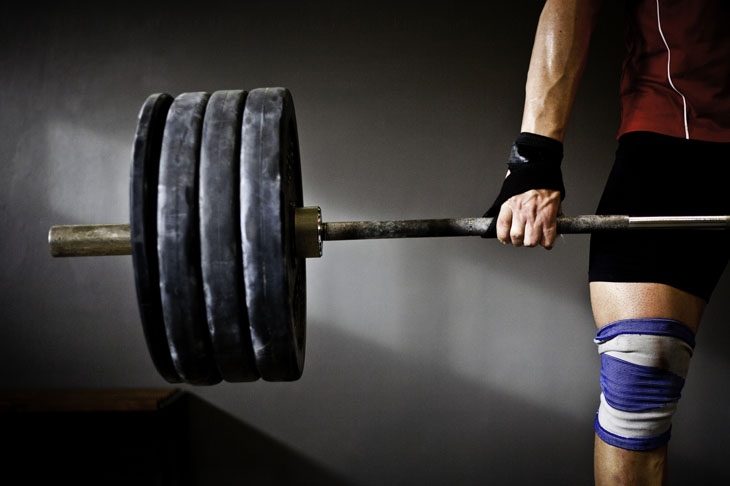
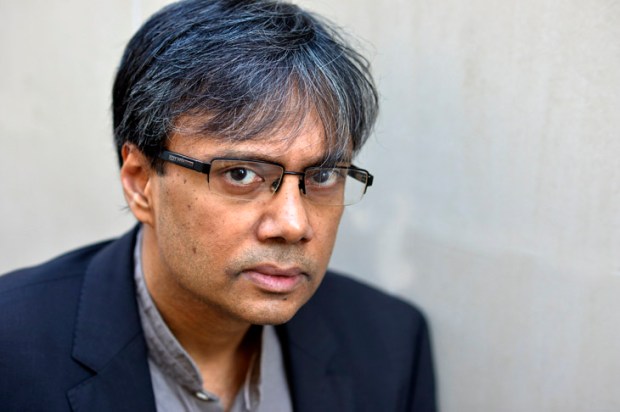
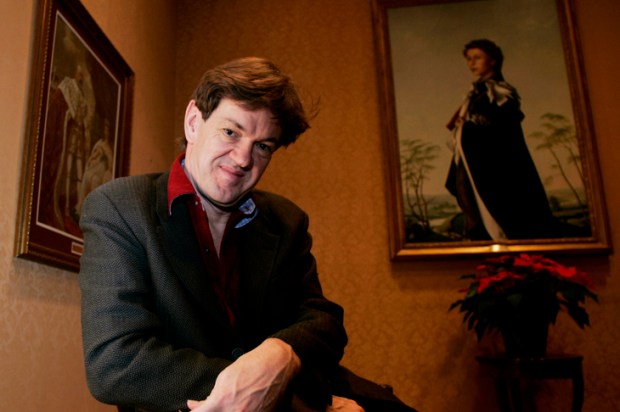
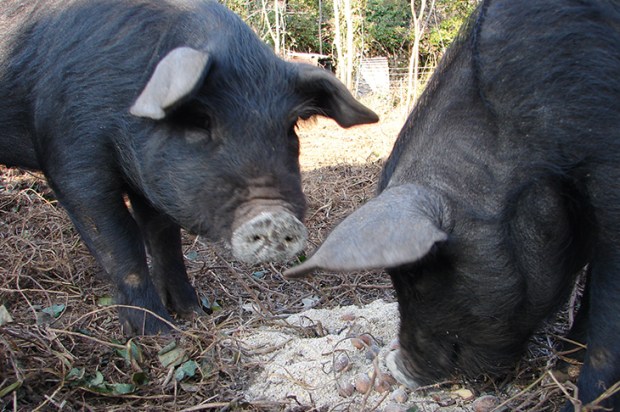
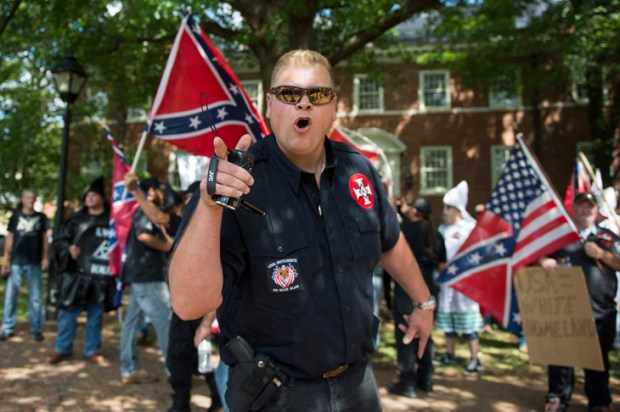
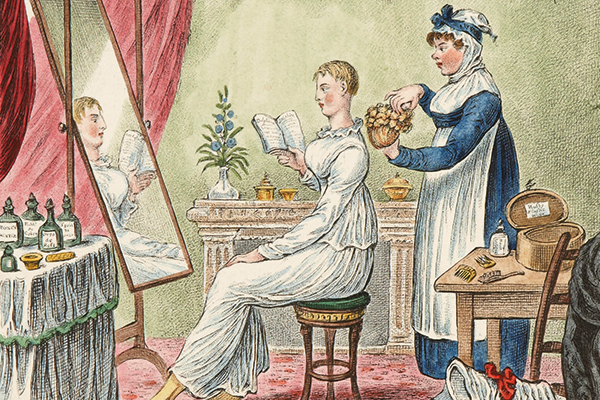







Comments
Don't miss out
Join the conversation with other Spectator Australia readers. Subscribe to leave a comment.
SUBSCRIBEAlready a subscriber? Log in